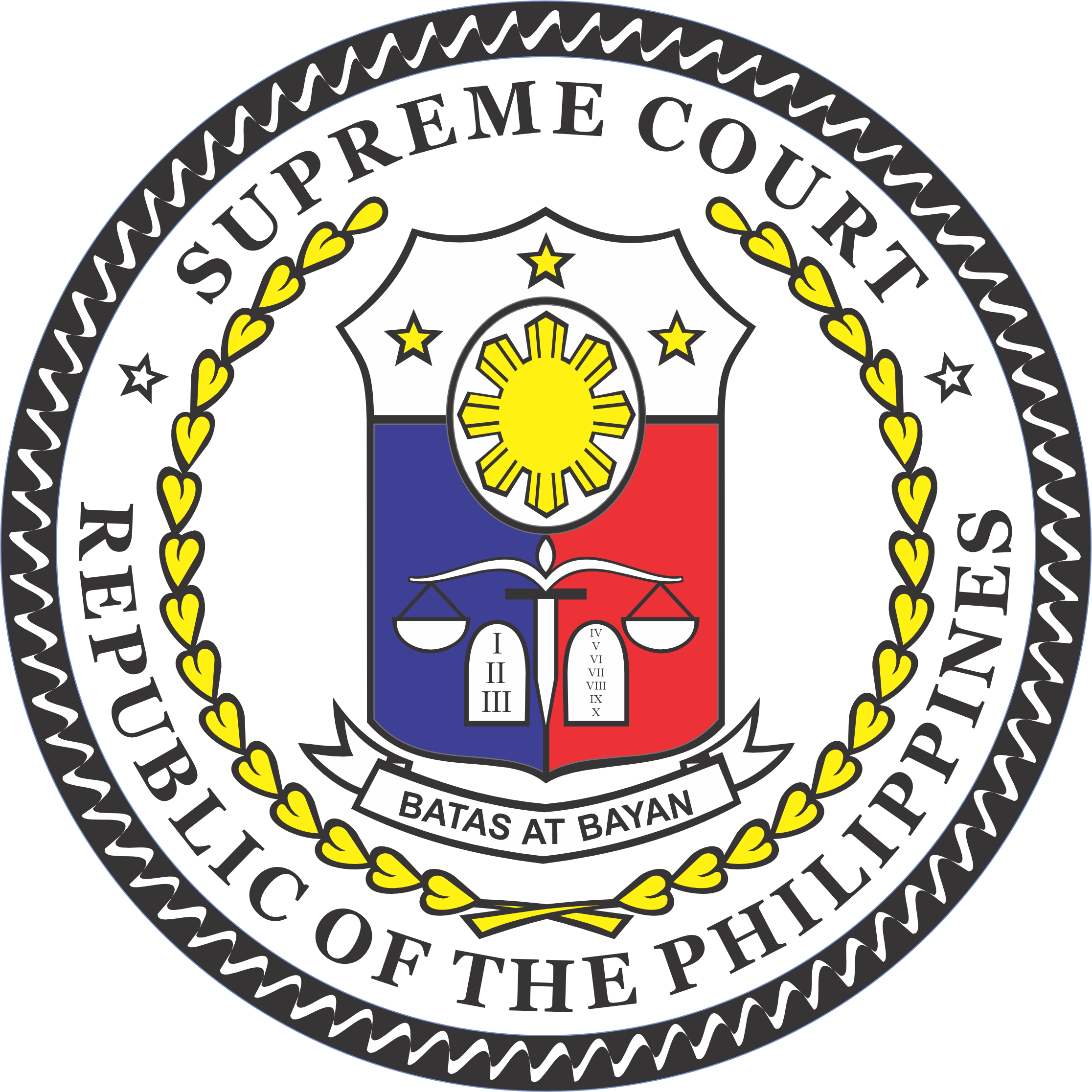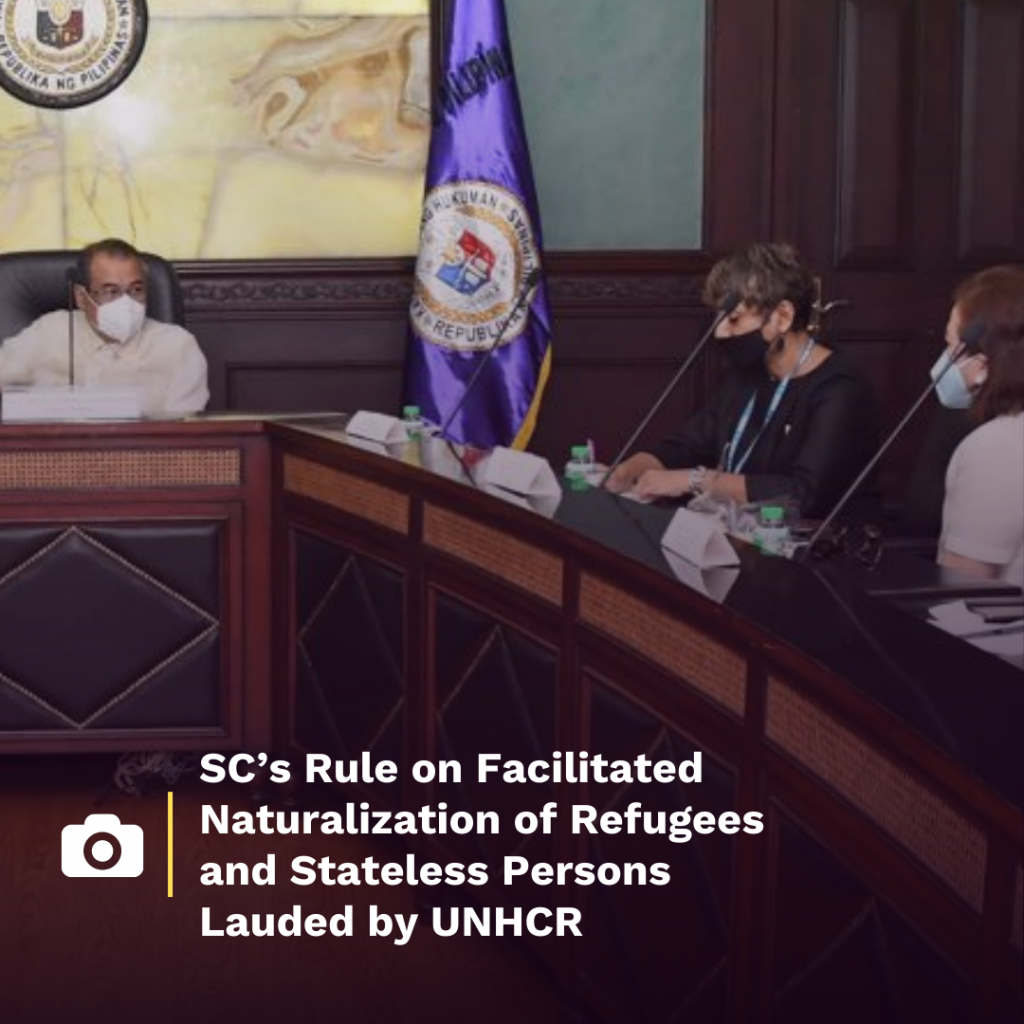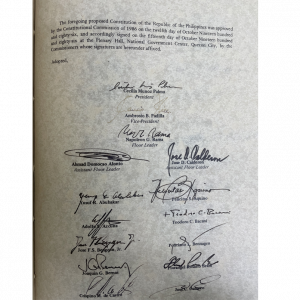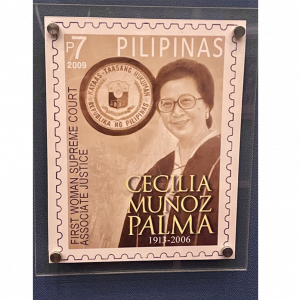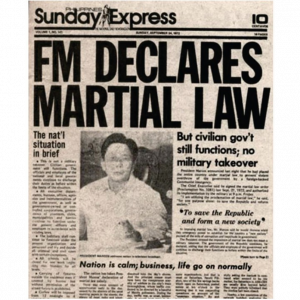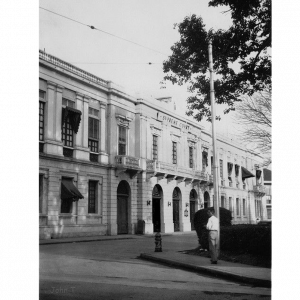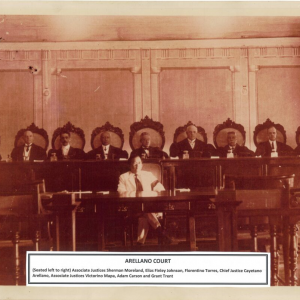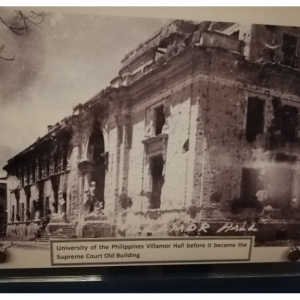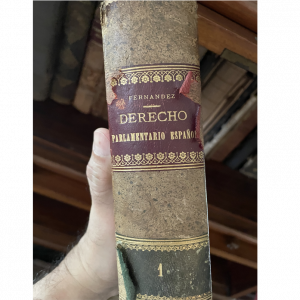
The Supreme Court’s Rule on Facilitated Naturalization of Refugees and Stateless Persons was lauded by no less than the United Nations Office of the High Commissioner for Refugees (UNHCR) for being “trailblazing” and “truly remarkable.”
This, as the Supreme Court vowed to treat with liberality and fairness the applications for naturalization of qualified refugees and stateless persons.
This commitment was made by Chief Justice Alexander G. Gesmundo, who, together with Justice Ramon Paul L. Hernando, met with officials of the United Nations Office of the High Commissioner for Refugees (UNHCR) who paid a courtesy visit on the Supreme Court on Tuesday, May 31, 2022.
The UNHCR delegation was composed of Ms. Aurvasi Patel, Head of Bureau Protection Service, UNHCR Regional Bureau for Asia and the Pacific, Atty. Maria Ermina Valdeavilla-Gallardo, Head of the National Office of UNHCR Philippines, and Ms. Maria Louella Gamboa, Senior Protection Associate, UNHCR Philippines. Also in attendance was Assistant Court Administrator and Supreme Court Spokesperson Atty. Brian Keith F. Hosaka.
Ms. Patel lauded the Rules calling it also “a good showcase” as she stressed that the Philippine Judiciary “stands out” following its recent promulgation of the Rules.
“We are really appreciative of what you have done…It is a fantastic illustration of progressive thinking,” Ms. Patel said.
Chief Justice Gesmundo said that the “Philippines, historically, is welcoming of refugees.” He added that he is optimistic that the Judiciary will be able to showcase it worldwide.
The UNHCR itself, on its website, acknowledged the welcoming trait of the Philippines as it noted the country’s open-door immigration policy in 1934 during the time of then President Manuel L. Quezon, who helped Jewish refugees escaping Nazi persecution by giving them sanctuary in the country.
Chief Justice Gesmundo, who discussed with the UNHCR delegation the recently approved Rule underscored the Court’s commitment to be liberal and fair in handling all applications for naturalization.
“Every case that reaches the Supreme Court will be treated with absolute liberality. We assure you that we will treat them with fairness,” stressed Chief Justice Gesmundo.
The Rule governs the procedure for the filing of petitions for naturalization by refugees and stateless persons recognized by the Philippine Government.
For his part, Justice Hernando stressed that the said Rule “highlights the strong commitment” of the Judiciary to the international law governing refugees and stateless persons. On February 15, 2022, the Court En Banc approved the said Rule in recognition of the Philippines’ commitments under international law, particularly the 1951 Convention Relating to the Status of Refugees, the 1967 Protocol Relating to the Status of Refugees, the 1954 Convention Relating to the Status of Stateless Persons, and the 1961 Convention on the Reduction of Statelessness.
